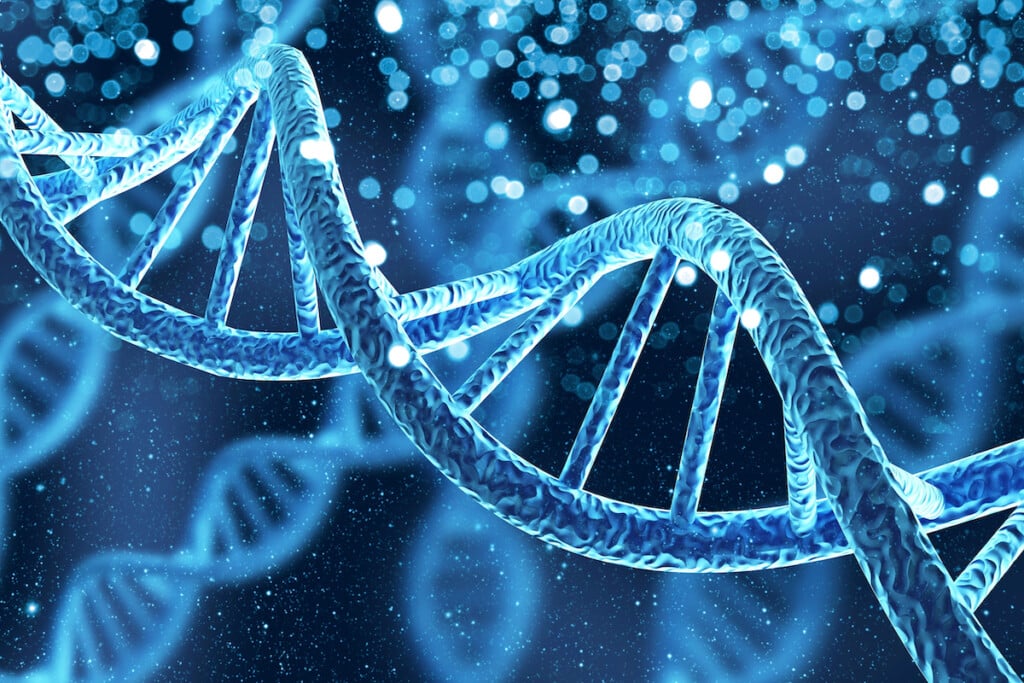Innovative technology at Cooperman Barnabas Medical Center determines an individualized treatment plan for metastatic cancer based on a patient’s genetic makeup.
Next-Generation Sequencing (NGS) is used to sequence DNA and RNA to quickly identify and understand the gene abnormalities responsible for a variety of diseases and conditions. NGS is typically tested through a tissue biopsy, but, depending on the case, can also be performed through a blood sample. Available for more than a decade, this technology was limited to a few commercial companies around the country.
The Cancer Center at Cooperman Barnabas Medical Center was an early adopter, collaborating with those facilities to obtain this genetic analysis and integrate it into the care plan. Cooperman Barnabas Medical Center (CBMC) is now one of a few hospitals in the region that has NGS within its facility. “Sending out the samples took more than two weeks to get the results,” says Michael Dardik, M.D., chairman of Pathology at CBMC. “By doing it locally, we can better target the analysis more efficiently in about two business days and facilitate treatment much faster.”
WHY USE NGS?
Because cancer isn’t a one-size-fits-all disease—each type is specific, and even the same cancer may act differently in different individuals. Not all treatment plans will be effective for all patients. By using NGS and identifying mutations that cause cells to become cancerous, doctors at RWJBarnabas Health and CBMC, in partnership with Rutgers Cancer Institute of New Jersey—the state’s only NCI-designated Comprehensive Cancer Center— can determine which specific drugs to administer to a particular patient. The targeted treatment will inhibit the mutation from causing the cell to grow and divide and thus metastasize, says Michael Scoppetuolo, M.D., medical director of The Cancer Center at CBMC.
For the patient, targeted therapy, often called precision medicine, is more effective with less toxicity, as it zeroes in on specific genes in the cancer cells and causes them to stop growing, Dr. Scoppetuolo adds. The medication is typically an oral drug—though it may sometimes be administered via injection or infusion—and for many patients has better outcomes than chemotherapy, which does not differentiate between cancerous and healthy cells.
NGS analysis is used across the board for most types of cancer, particularly in those with stage four disease. “However,” Dr. Scoppetuolo notes, “we can use NGS to identify markers for prognosis and use them to help patients in earlier stages.” Dr. Dardik adds that it’s used primarily for oncology patients now, and will soon be expanding to other areas at CBMC.
There are limits, however, to the information provided by NGS. “We know of driver mutations that occur in most cancers, but we don’t have specific drugs for all of them,” says Dr. Scoppetuolo, adding that, for example, only a few mutations leading to breast cancer have been identified. On the other hand, NGS can identify many mutations that cause sarcoma and lung cancer, and thus doctors have several treatment options to prescribe. And though most patients with metastatic cancer can take advantage of the results from NGS, only about 30 to 40 percent of patients who undergo the test will have a mutation that can be treated, Dr. Scoppetuolo adds.
Still, “this is the wave of the future for how cancer care is going to be dictated,” Dr. Scoppetuolo says. “Studies are looking at how these gene mutations play a role in the management of the patient, from the initial diagnosis up until metastatic disease.”
The Cancer Center at Cooperman Barnabas Medical Center uses an interdisciplinary team approach to cancer care, where surgeons, pathologists, radiologists and others across various disciplines assemble at more than 13 tumor boards. Here, the teams discuss care for each patient, including how the information provided through NGS will affect each patient and what drugs may be available for their care.
To learn more about cancer care at Cooperman Barnabas Medical Center, call 1.844.226.2376 or visit our website.
